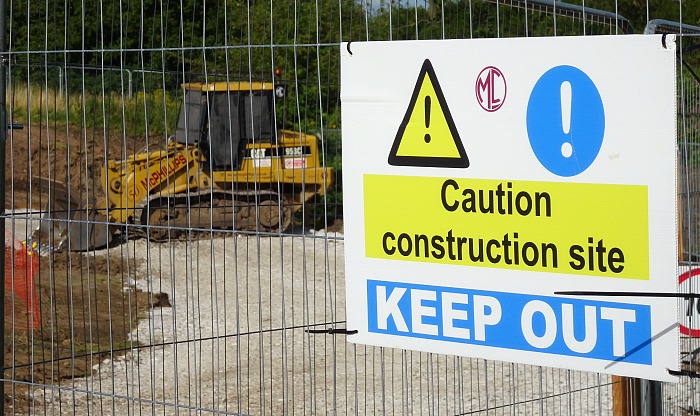
Almost every industry is subject to a series of rules and regulations which have been put in place for the safety of the staff and the consumers.
Ignoring these regulations can be incredibly dangerous, and it can also lead to serious legal repercussions for the business as a whole too.
Compliance is perhaps all the more important for industries that carry significant risks like construction; let’s dive in.
What is Compliance?
Compliance refers to the set of processes that a business or organisation enforces to ensure that the employees and, therefore, the business is abiding by the internal code of conduct and external rules and regulations set by regulating bodies.
It can include values and ethics developed by the businesses as well as your legal obligations.
Building Regulations
Almost every single type of building work is subject to regulations, from a small extension to a block of flats.
Whether the work is commercial, domestic, or industrial, it has to adhere to some form of building regulations.
This is for the safety of both the workers and the eventual inhabitants of the building.
For example, construction workers have to ensure that they use water resistant plywood or fire retardant insulation in commercial and non commercial buildings to satisfy building inspectors demands.
In addition, once the building work is completed, it has to be signed off to prove that it is up to the standard expected from buildings in Britain today.
Safety of Workers
Ensuring that the work going on at your building site is compliant with industry standards and government regulations ensures that your workers are safe.
The materials and equipment that they are using are right for the job, and therefore the risk to them while performing their duties is reduced.
This isn’t to say that accidents won’t still happen, but their severity is significantly reduced when you have ensured your compliance with the relevant legislation.
What is My Liability?
Your liability depends entirely on your role on the site. Ultimately the one with the most liability is the person in charge of the site.
It is their job to ensure that everyone on site is going to be safe.
The process and safety measures will vary from job to job and site to site.
This is why it is the responsibility of the head contractor to create a construction phase plan – which, incidentally, you can learn more about at HS Direct, which also has templates to follow.
The plan itself seeks to identify all hazards and risks during a project and come up with solutions to minimise those risks.
The document itself needs to be put together before the work can commence, but it often needs tweaking and adjusting throughout the project as things change.
The Takeaway
Ensuring compliance on a building site is important; it helps to keep everyone safe.
The regulations have been put in place for a reason. The same can be said for industry standards.
Oftentimes, non-compliance is indicative of concerning business practices, and it can have effects on the reputation of your business.
Therefore, while it might be a little more cumbersome and time-consuming, it is necessary.


















Recent Comments